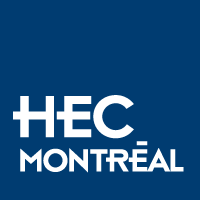Length
2 jours
Rate
- Regular price
- $2,195
- Sale price
- $2,195
- Regular price
-
Language
French

Nadia Uria-Fernandez
Program Manager
Testimonial(s)
This month



